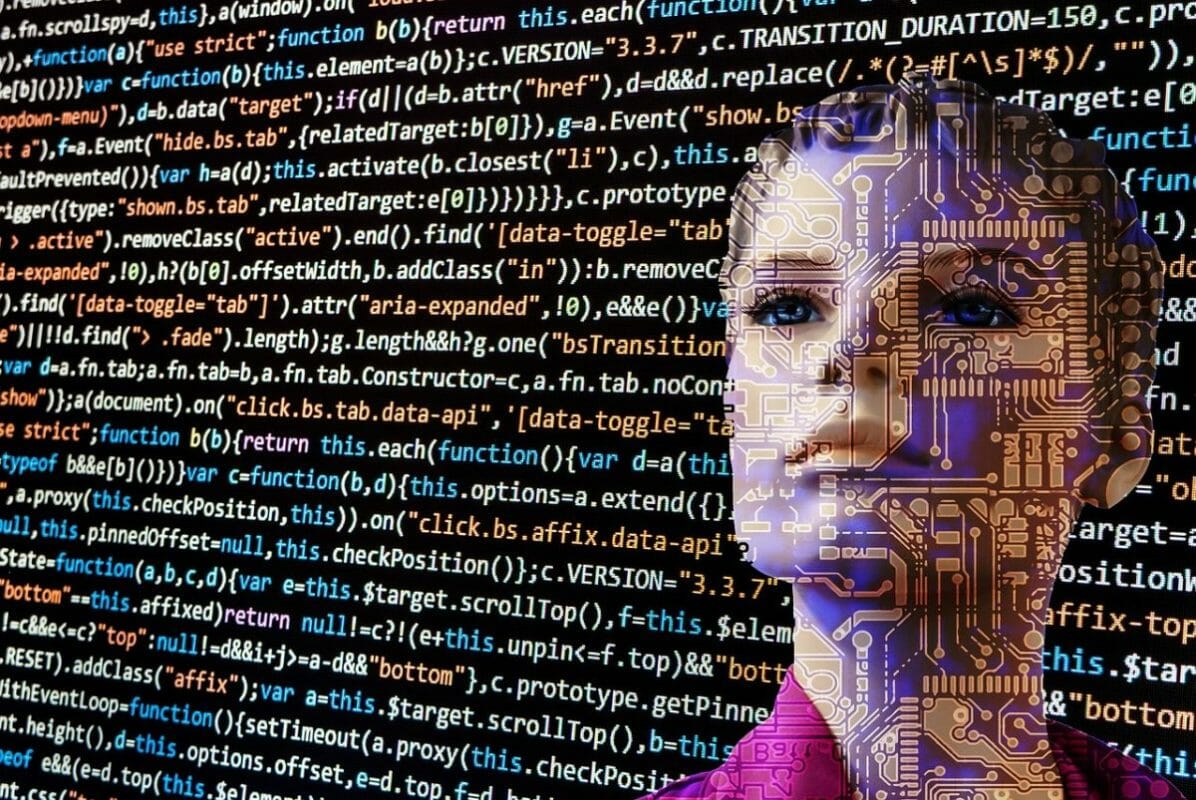The pandemic has taught us that our budget and resource allocation are criminally wrong. Most countries have a high defense budget, but they forget that sometimes the attack is not from a foreign invader. The pandemic has shattered the pride of the developed countries that would otherwise boast about their medical facilities.
Countries like US, UK, Italy, and France have seen massive death tolls, despite their best efforts and ideal facilities. To deal with such a massive catastrophe, tech was their best bet and it sure served them well. These countries left the mundane, monitoring-based work on robots, took the help of wearable appliances, and shifted the immediate care to human experts.
It was such a solid idea that only mental and research work was left to human health experts. This further contributed to speeding up vaccine production, which proved to be a turning point in this whole event. Tech companies like Microsoft played a major role in handling COVID and dedicated a huge chunk of their money to healthcare. Minor inconveniences and regular checkups that would otherwise push you into a pile of debt can now be handled independently with AI.
With small affordable AI-based tools and an internet connection, you can easily monitor your health, be it a chronic illness, a heredity disorder, or just a minor infection. These small healthcare machines systematically acquire data from your body and transmit it to your doctor. However, these machines work in real time so an emergency response can be triggered.
For real-time data collection, you need a seamless internet service that stays with your every time, everywhere. This is so your health wearable will be able to monitor your vitals at all times even when you are running in a park. Click here to find out about internet plans that not only offer connection stability when you are in your home, but also allow you to stay online on-the-go too, with wireless hotspots.
The Evolution of AI in Health Care
Thanks to the significant contribution of AI to curb the pandemic, the global AI health market has shown exponential growth. The 2019 study states that the net worth of AI healthcare is around 2.4 billion, and by the year 2025, it will reach a whopping 31.02 billion.
As the demand for AI is soaring, healthcare companies are collaborating with the tech sector to cater to big issues like the aging population, boosting life quality, easy diagnostics, and more. Based on the growing health concerns, it is expected that by the year 2030, there will be a need to add 40 million new healthcare professionals into the system.
Experts in healthcare claim that by 2050, one in four European and North American will be over the age of 65. To cater to the burden of an aging population, healthcare will be taking a huge hit, as care-based jobs will increase. However, thanks to the use of remote monitoring services and AI-based caregivers, this burden will become manageable. The assistance of AI in healthcare will not replace professionals, instead, it will only prioritize the attention to things that require immediate attention.
What does the Future Hold for AI and Health Care?
The future of AI in health is bright, which means in the next few years, you will see the majority of doctors switching to complicated things like emergency care and surgery rather than wasting time on mundane monitoring tasks. While this will change department-based work, it will also make healthcare affordable for all. Moreover, people living in remote areas will have equal healthcare access just like people living in a metropolitan city.
Experts believe that 2023 will be an ideal year of growth for AI in healthcare. Now, that more tech companies have learned about the power of AI in health, thanks to advancements in a pandemic, they are ready to harness their full potential.
Although AI will affect all healthcare departments, however, some of the main ways it will revolutionize health include:
- Diagnostic kits will become very common, accurate, and cheap. While, the recent Elizabeth Holmes case has shattered the trust in AI-based diagnostic equipment, we can expect portable diagnostic laboratories to become common in the near future.
- AI will transform healthcare to be more predication-based rather than cure-based. With the help of big data prediction, doctors will be able to screen out people who have a high chance of being diagnosed with critical illnesses. This will bring down the high death toll due to heart attack, cancer, and stroke. Moreover, it will also help in boosting the life quality of people who have Alzheimer’s and Parkinson’s.
- The high rate of medicine resistance is raising alarms making it one of the biggest challenges in the current cure by meditations system. With the help of AI, people who are at risk of developing medication resistance will be diagnosed before the symptoms appear. This will help in the selection of the right medication.
- With the help of AI, the healthcare industry will be able to defeat cancer. The diagnosis and the treatment will become precise and customized based on the family history, diagnostic history, and condition of the person so that even the slightest change in the condition will be detected right away.
- In the near future, hospitals will become smaller and less crowded as the burden will be shared via AI use. More people will opt for home-based healthcare equipment, which will eventually help them time their patients and monitor everything remotely. This will leva eon critical and emergency patients in the hospitals keeping them less crowded and more welcoming.
Wrap Up
Although, most things are already possible with the use of AI, however, accessibility is very selective and the price is very high. After more advancement, AI-based equipment will become common and cheap which will boost the life quality and life span of the average population.


